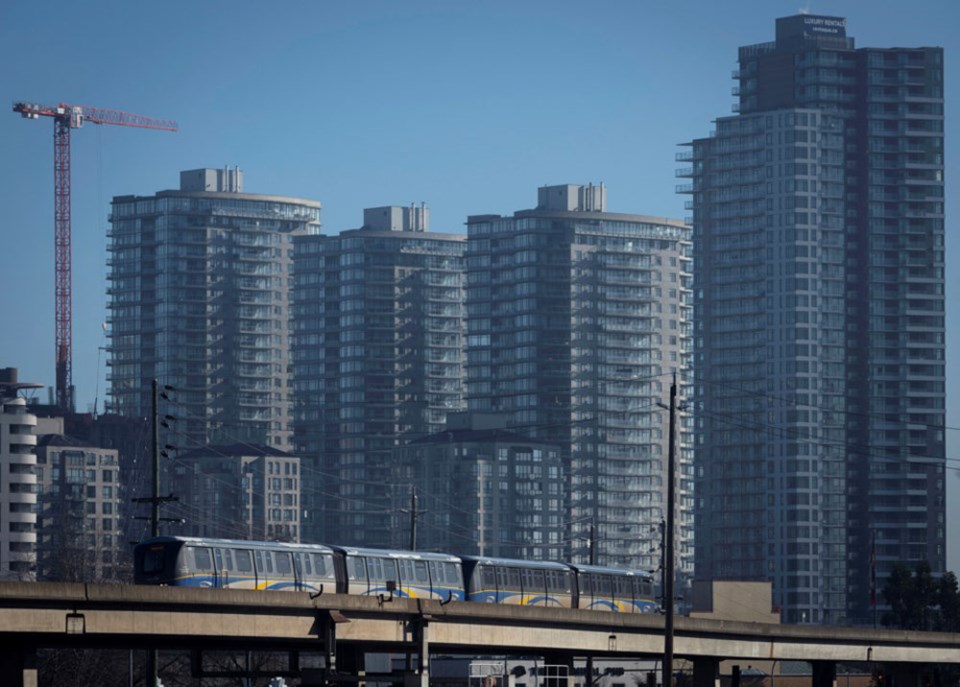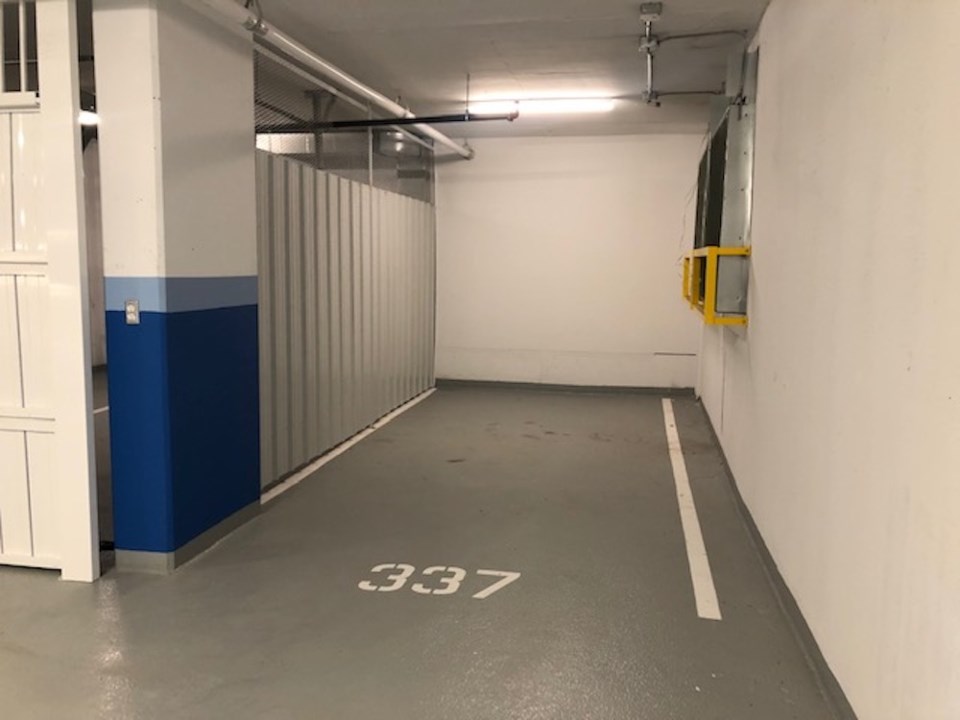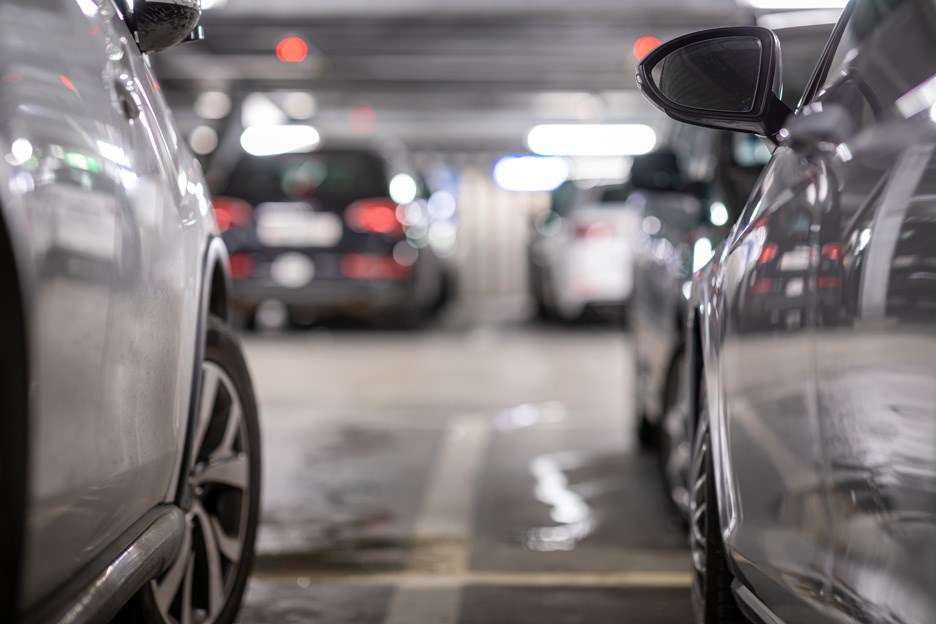The cost to create a new parking stall in Metro Vancouver can cost as much as $230,000, according to a new report.
The escalating costs are often due to geotechnical challenges, like poor soil conditions and high water tables, according to a staff report to Metro Vancouver’s regional planning committee.
“In such cases, reducing the number of parking spaces can significantly lower development costs,” wrote Mark Seinen, a senior planner for Metro’s Regional Planning and Housing Services.
The analysis is part of a wider regional parking strategy set to be released later this year. Interim findings suggest off-street residential parking remains heavily oversupplied — by an average of 47 per cent in strata buildings and 35 per cent in market rental buildings.
Across Metro Vancouver, parking was found to range from 0.65 to 1.91 vehicles per dwelling unit, with demand dropping the most in rental housing near frequent or rapid transit.
'A means of income'
The latest report comes amid ongoing efforts from the B.C. government to lower the cost of housing while encouraging forms of transportation that have a lower carbon footprint.
In December 2023, the province amended the Local Government Act and the Vancouver Charter to remove residential minimum parking requirements in most transit-orientated areas, such as those near SkyTrain stations.
Andy Yan, director of Simon Fraser University’s City Program, said that while he is not “pro car” he would have liked the province to have made more evidence-based decision-making when it comes to who could lose out under the legislation.

Building homes around transit hubs makes certain assumptions, he said, including that transit takes people to work and often to Vancouver’s downtown core.
But for many residents of the region, going to work means travelling between municipalities on bus routes that are often the first ones cut as TransLink forecasts a more than $600-million budget shortfall, Yan said. He pointed to his years growing up in East Vancouver, when his mother would drive to make the 6 a.m. shift at a bakery on Annacis Island.
“A car isn’t just a car. It’s a means of income. That’s the complication,” Yan said.
Yan added that he knows why planners want less car dependency, but the question is, are we willing to fund its alternative?
Reducing parking could lower housing costs
In his report to Metro's planning committee, Seinen described the 2023 legislative change as a “significant achievement” but one that has also brought a number of challenges.
There remains uncertainty, he said, around the scope of local government authority, including how visitor parking and parking maximums will function under the new rules.
“Removing minimum parking requirements does not necessarily mean that less parking will be built; however, this step is critical in avoiding arbitrary oversupply,” wrote the planner.
Seinen warned there was “no guarantee that homebuilders would ‘pass along savings’ in the absence of minimum parking requirements.” At the same time, he said rules that force builders to create more parking does increase the cost of housing because the amenity makes the unit “more functional and marketable.”

The staff report found adding 1.2 stalls per unit would require, on average, another $35,000 in annual household income to qualify for the mortgage.
“Development calculations are entirely different for non-profit developers whose primary goal is reducing end-user costs,” the report states.
“For these developers, providing less (or no) parking drives significantly greater affordability, as savings are passed along to end-users in the form of lower rent, or can be used to deliver even more affordable units or projects.”
Seinen said the project team is working with the province to understand how the legislative changes passed 13 months ago will impact Metro’s 21 member jurisdictions. The final report is expected to be released sometime around mid-2025.
EDITOR'S NOTE: This story has been revised to clarify comments from Andy Yan on government commitments to fund public transportation.




